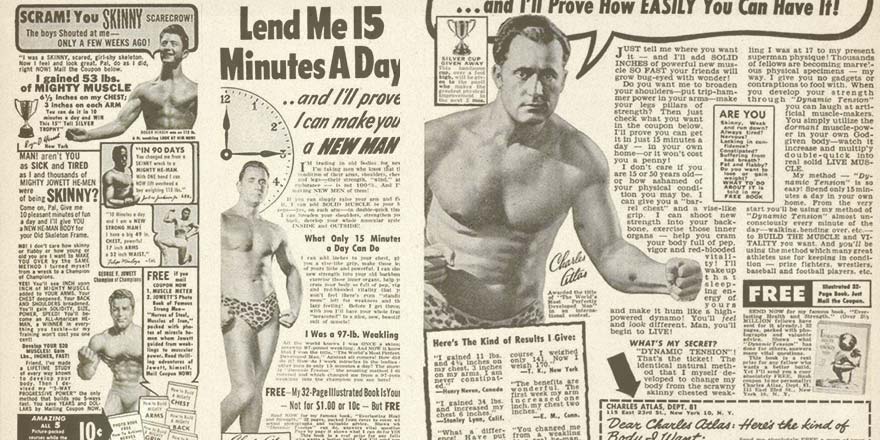I had a consult with a new client, a man who’s lost a lot of fat and now wants to start putting on some quality mass.
When I asked how he lost the weight, he said by diligently counting macros + prepping his food + eating basically the same foods most every day for a year.
I paused for a moment.
Smiled.
“This is going to be easy,” I said.
I wasn’t being overly cocky.
When somebody shows up “at my door” with such a high degree of competency at food prep, measuring, tracking, and proven consistency, it just makes my job so much easier.
I can mark these crucial steps as “very good” and then focus on some of what is — to me — the “fun” stuff: training and programming, that sort of thing.
But to be frank, most folks don’t show up this way.
Some have a problematic diet history. And more and more, describing it as a “problematic diet history” is a HUGE understatement. In cases like this, it’s not a matter of having to teach them the measuring and tracking; it’s a case of most forms of hard tracking being a terrible fit and irresponsible for a coach to even suggest.
Others, meanwhile, just aren’t comfortable with the practice or find it too stressful on the family. I have told many clients to “suck it up,” but I NEVER try to subvert a family’s meal structure. (I might make suggestions and point out things I’ve seen work in similar contexts. But I don’t push too hard, mainly because it’s not the only tool in the toolbox!)
Tracking macros isn't the only process that can work — bodybuilders got lean for 100 years without it. And for some folks, it can trigger or reignite very destructive behaviour.
Find the right tool for the individual. https://t.co/7qyKWcieTj— Bryan Krahn (@BryanKrahn) August 26, 2020
Still, progress happens when you know what the important leverage points are and you stick to them. You don’t always have to count calories or track every macro but you need some form of structure and consistency.
I have shelves full of bodybuilding books starting from the 1930s or so. They’re full of photos of lean, muscular men and women.
None counted macros.
Many didn’t count calories — at least not directly and certainly not every day.
But they all reached peak condition following some form of a highly engaged, portion-controlled, consistent and (usually) balanced diet.
Tracking macros might be the most efficient tool in the diet coaching space but if that’s the only tool you can use, it’s like being an expert at plotting a destination using a GPS.
What if your client doesn’t have GPS?
Can you read an old school roadmap?
Or navigate with only a compass and the sun?
Given a choice nobody would do long division by hand either, but there are reasons we still learn it.
I work with a lot of 30-50 year old men, and in my experience those with a passion for biohacking, but who have little experience (or interest) in consistently applying the more basic principles are the ones who struggle the most.
These dudes tend to be very smart but the hubris they exhibit is a real blind spot.
Bodybuilders are the masters of building muscle and losing fat, and are absolutely fearless. Some will do or at least try ANYTHING to make progress: DNP? Cadaver GH? Monkey brain snacks like the late Steve Michalik?
So if cold showers or butter in coffee made a significant difference, they would ALL do it.
But they don’t.
Some do, a bit. But what do they ALL do?
Structure. Consistency. Protein. Calories. Progressive training. Sleep.
Repeat for months on end.
Oolong tea? Nope.

